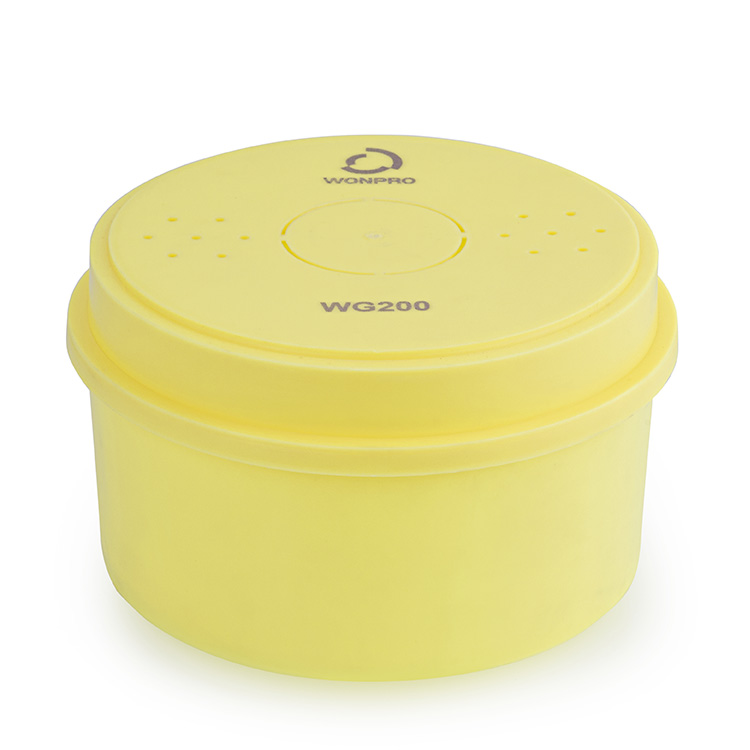Understanding Water Glycol Oil Filter Elements and Their Primary Purpose
2024-07-25
Introduction
In the world of industrial machinery and hydraulic systems, maintaining the purity of fluids is crucial for optimal performance and longevity. One vital component that plays a significant role in this process is the water glycol oil filter element. This blog aims to provide a comprehensive understanding of what a water glycol oil filter element is and its primary purpose in various applications.
What is a Water Glycol Oil Filter Element?
A water glycol oil filter element is a specialized filtration device designed to remove contaminants from water-glycol hydraulic fluids and lubricating oils. These filter elements are essential in maintaining the cleanliness of the fluid, which is critical for the efficient operation of hydraulic systems and other machinery that rely on these fluids.
Key Characteristics:
1. Material Composition: Typically made from high-quality materials such as synthetic fibers, cellulose, or metal mesh, which provide excellent filtration capabilities.
2. Micron Ratings: Available in various micron ratings, indicating the size of particles they can effectively filter out. Common ratings range from 1 to 100 microns.
3. Construction: Designed to withstand high pressures and flow rates, ensuring durability and consistent performance.
Primary Purpose of Water Glycol Oil Filter Elements
The primary purpose of a water glycol oil filter element is to ensure the cleanliness and integrity of water-glycol fluids used in hydraulic systems and other industrial applications. Here are the main functions it performs:
1. Contaminant Removal:
Water glycol oil filter elements are designed to remove various contaminants, including dirt, metal particles, rust, and other impurities. These contaminants can enter the system through multiple sources such as fluid degradation, external environmental factors, or system wear and tear. Removing these impurities helps prevent damage to sensitive components and extends the lifespan of the equipment.
2. Maintaining Fluid Quality:
Water-glycol fluids are used in various hydraulic and lubrication applications due to their fire-resistant properties and excellent heat transfer capabilities. However, these fluids can degrade over time, leading to the formation of sludge and varnish. Filter elements help maintain the quality of the fluid by trapping and removing these degradation by-products, ensuring consistent performance.
3. Protecting System Components:
Hydraulic systems and industrial machinery consist of numerous precision components such as pumps, valves, and actuators. These components are susceptible to wear and damage caused by contaminants in the fluid. Water glycol oil filter elements provide a protective barrier, preventing contaminants from reaching and damaging these critical parts.
4. Enhancing System Efficiency:
Clean fluids lead to more efficient operation of hydraulic systems and machinery. By preventing the buildup of contaminants, filter elements help maintain optimal fluid flow and pressure, reducing the strain on system components and improving overall efficiency.
5. Reducing Maintenance Costs:
Regular filtration and maintenance of water-glycol fluids can significantly reduce the frequency of system breakdowns and repairs. This translates to lower maintenance costs and increased uptime for industrial operations, leading to improved productivity and profitability.
Applications of Water Glycol Oil Filter Elements
Water glycol oil filter elements are used in various industries and applications, including:
- Hydraulic Systems: In machinery such as excavators, loaders, and industrial presses.
- Fire-Resistant Hydraulic Fluids: In environments where fire safety is a concern, such as steel mills and foundries.
- Lubrication Systems: In turbines, compressors, and other rotating equipment.
- Cooling Systems: In applications where water-glycol mixtures are used as coolants.
Conclusion
Water glycol oil filter elements are indispensable components in the maintenance and operation of hydraulic systems and industrial machinery. By effectively removing contaminants, maintaining fluid quality, protecting system components, enhancing efficiency, and reducing maintenance costs, these filter elements play a crucial role in ensuring the reliability and longevity of equipment. Understanding their primary purpose and importance can help industries implement better fluid management practices, leading to improved performance and productivity.



